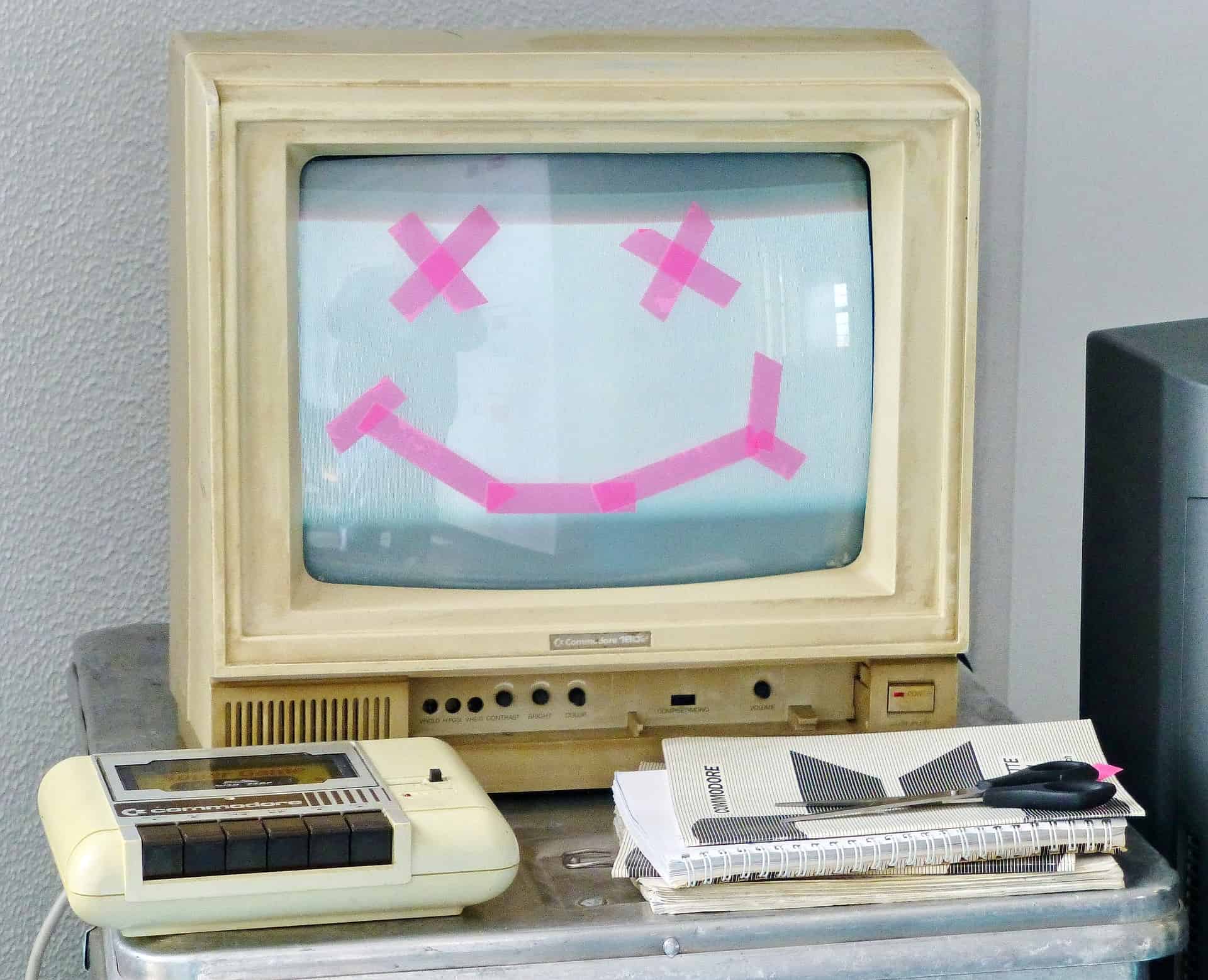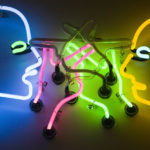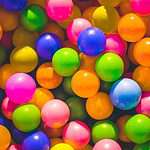Make Your ANKI Learning Sessions Longer and More Enjoyable by Manipulating Dopamine Levels

It's generally true that we all learn effectively in a very similar. However, we certainly react differently to bigger workloads. Some find it motivating; some find it tedious and frustrating. This difference is obvious even among my students.
Some write to me that they find flashcards so interesting that they can work for hours on end. Others start strong and find themselves more and more exhausted with every passing week. It's understandable - high learning pace always comes with the price. The prices, in this case, is increased effort.
You probably have noticed that regardless of your attitude to learning, you get really weary after some time. It might be 20 or 40 minutes, but it inevitably happens. One way to combat this, like I have suggested in one of the previous articles, is to break your learning into many sessions. However, there is one more strategy that will allow you to both increases the duration of your session and the joy you get out of it.
We can achieve all those things by manipulating your levels of dopamine. Let me explain step-by-step how it works.
What Is Dopamine?
In the brain, dopamine functions mainly as a neurotransmitter. The brain includes several distinct dopamine pathways, one of which plays a major role in the motivational component of reward-motivated behavior.
The anticipation of most types of rewards increases the level of dopamine in the brain, and many addictive drugs increase dopamine release or block its reuptake into neurons following release. The dopamine release is also necessary for Initial memory consolidation.
The most important information for us is that it's the main driver of reward learning in the brain. It makes us focused and vigilant and craving for more of any dopamine-boosting stimulus.
How Can You Increase Dopamine Levels?
Now that you roughly know what dopamine is and how it can drive your learning, it's time to answer the following question:
What can you do to boost your dopamine levels?
It's simple. Lots and lots of cocaine instead of sugar in your coffee! Lol 😄 Ok, not really. It's not a very sustainable approach. The answer is quite complex, and it envelopes many lifestyle-related things.
1. Diet
For example, low-carb diets are naturally more dopamine-based as they revolve around lots of protein-heavy products. Those products, on the other hand, contain an amino acid called Tyrosine that is a precursor to dopamine (i.e. it gets converted into it).
Carbohydrate-heavy diets bring quite the opposite effect as such products are very Tryptophane-rich. Tryptophane is also an amino-acid but, contrary to Tyrosine, it gets converted into serotonin, which then, gets converted into melatonin. I am sure that you have already heard something about this hormone. Melatonin is one of the main hormones that signal that it's time to go to sleep and thus makes us drowsy and sleepy.
In other words, to simplify things:
Low-carb diets -> more dopamine -> you're more vigilant and focused
High-carb diets- > more serotonine -> more melatonin -> you become drowsy and sleepy
There are also lots of herbs and plants that can further boost this effect, however, just temporarily. One of the best examples is coffee that releases dopamine in the prefrontal cortex.
Read more: What To Do Instead of Nootropics In Order To Maximize Your Brain Power Permanently
2. Exercise

Any kind of exercise and especially high-intensity exercise will help you to achieve the same effect (Loprinzi, P. D. (2019)). It's a good idea to interrupt your learning sessions to do some push-ups, squats, jumping jacks, or whatever else that floats your boat. Not only will you look better, but you will also boost your concentration and tickle your reward centres the right way.
3. Novelty
All those basic tricks above will definitely help, don't get me wrong, especially if you haven't been eating well or exercising. Then the effects should be even more impressive. However, there is one more thing which I find even more useful if you have lots of reviews to do.
Tons of flashcards usually mean one thing for your brain: BORING! One thing you should know about the brain is that it's a disgusting junkie. It likes varied and exciting things. That's why social media are so addictive. One "ping" and your brain goes haywire. "Who could it be?! Have they written something nice about me?!: Hell, most of us can't even go to the toilet without a mobile phone anymore because there is nothing to do. And if that happens, we start reading product labels to keep ourselves entertained.
Now guess how exciting a 2-hour ANKI session is according to this sponge? Yep. You're right - not very. This is our bane, but interestingly, we can use this "property" of our brain to our advantage.
All we need to learn longer is to provide our brains with a little bit of Novelty. If all the flashcards look the same, even if they are pictures, our brain just shuts off after some time.
Here are some ways in which Novelty affects our brain:
How Novelty Affects Your Brain and How It Can Help You With Making Learning Sessions Longer
There is a ton of research on the role of dopamine and novelty in learning, but I will do my best to not go-over-the top. Here is a handful of studies you can read on that topic:
"Novelty directly activates the dopamine system, which is responsible for associative learning."
"The major "novelty center" of the brain--called the substantia nigra/ventral tegmental area (SN/VTA)--might be activated by the unexpectedness of a stimulus, the emotional arousal it causes, or the need to respond behaviorally."
"Researchers have long suspected that the human brain is particularly attracted to new information and that this might be important for learning. They are now a step closer to understanding why. A region in the midbrain (substantia nigra/ventral tegmental), which is responsible for regulating our motivation and reward-processing, responds better to Novelty than to the familiar. This system also regulates levels of dopamine, a neurotransmitter in the brain, and could aid learning."
"We find that familiarity increased retrieval of other unrelated memories but reduced the chances for memory formation. On the other hand, Novelty enhanced the later formation of distinct memories without worrying about previous experiences."
How To Use Novelty To Make Your Learning Sessions Longer and More Enjoyable
I have been experimenting with a new approach to doing ANKI for quite some time, and I must say that even I am surprised by the results. It seems that incorporating this dopamine-centred approach can significantly boost your willingness to learn.
Doing it is very easy.
You need to interweave your "normal" flashcards with dopamine (i.e. novelty-related) flashcards.
Those dopamine-boosting flashcards should be different from flashcards in order to keep the novelty factor at a high level.
Such cards can include the following things that have already been mentioned in other units or will be mentioned in the modules to come:
Those elements, ideally, should be related to your target language. However, even if not all of them are, that's ok. They will still boost your dopamine levels.
If you take a cold, hard look at those elements, you will quickly notice that NONE of them forces you to retrieve anything. That's one of the reasons why they become such a welcome distraction. Ordinary flashcards demand effortful retrieval while those remaining flashcards provide you with distraction and additional passive exposure to your target language.
Feel free to experiment with this strategy and let me know about your results.
Make Your Learning Sessions Longer and More Enjoyable by Manipulating Dopamine Levels - Summary
Dopamine is the main driver of reward learning in the brain. Its release helps us stay motivated, interested and vigilant.
The four simple ways to boost your dopamine levels are:
- low-carb diets
- exercise
- supplements (e.g. some herbs or caffeine)
- novelty
Out of all four of them, novelty can certainly give you the easiest boost. What's more, it doesn't take much to introduce this strategy into your learning plan. All you need is to interweave your normal flashcards with anything that you deem fun, funny or plain interesting.
Keep in mind that those dopamine flashcards shouldn't force you to retrieve any information effortfully. They are there as a welcome distraction. You can treat them like a friend, telling you a joke or showing some meme.
I have never had big problems with doing my reviews. Still, with this strategy, I have noticed even more motivation to go through my flashcards.
Feel free to experiment with this strategy and let me know about your results!
Done reading? Time to learn!
Reading articles online is a great way to expand your knowledge. However, the sad thing is that after barely 1 day, we tend to forget most of the things we have read.
I am on the mission to change it. I have created over 11 flashcards that you can download to truly learn information from this article. It’s enough to download ANKI, and you’re good to go. This way, you will be able to speed up your learning in a more impactful way.












Thanks for a great article!
This meme fits perfectly here – https://imgflip.com/i/2ub61m
You’re welcome! Haha, good one! 😀
I will try novelty. I quit doing my flashcards around Christmas because I was busy, then I couldn’t muster the energy to go back to them because I find them tedious on the best of days, but I had hundreds that had piled up over the holidays. I mean, they definitely work; I learn words and retain them (after a time). But I have never found them fun to do. Recently, just to get me back to learning daily, I started reading/translating a children’s book and I make new sentences with the new words to get more practice/exposure to them. I love reading, and guessing new words through context or seeing patterns in root words is like working a puzzle (something I also like to do), so (at least so far), I don’t mind spending an hour on it.
But when I have a lesson with my tutor, and I find myself struggling to completely remember words I know are on my flashcards, and I look at the new words I am learning through reading, I have the sinking feeling that I have to get back to the flashcards.
I’ll try interspersing them with some positive affirmations like, “Flashcards are great!” and “Polish is easy for me” and see if that keeps me going a bit longer. LOL.
That’s my point – flashcards are great but many people find them tedious, not to mention, they don’t use them too well. As for problems with recalling words, please read this article: https://www.universeofmemory.com/difficult-to-recall-vocabulary/
Lol, I don’t think affirmations will work too well. Try rather something more like bare-chested Patrick Swayze riding the unicorn GIF 😄
Who would say, that keeping to these three aspects may result in boosting our efficiency?
I’ll definitely check it out, together with my beloved coffee of course 😀
Another great article, Bart!
As always, you maintain your writing standards 🙂
Cheers!
I am glad you have enjoyed it! Let me know how it works for you 🙂